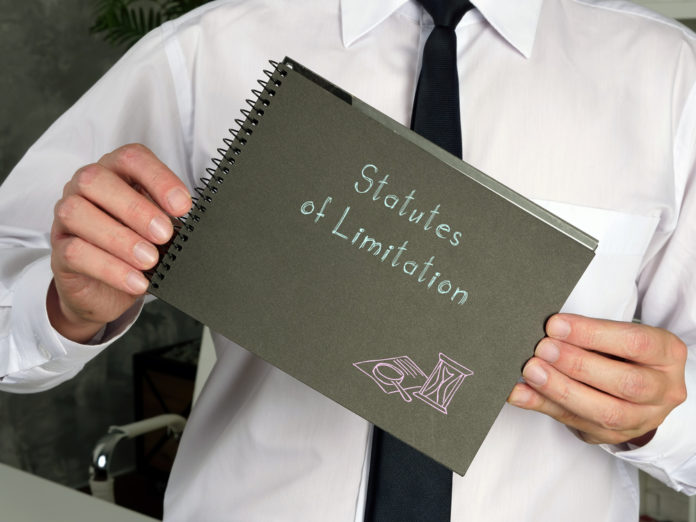The government asserted three defective pricing claims against the contractor. The claims arose out an 11-year contract, so the contractor argued the claims were barred by the statute of limitations. The board found that one of the claims was time barred. That claim was based on information from the contractor’s proposal, which the government had possessed since the contract was first executed. But the board found that the two other other claims were not barred, as those claims were based on information that the contractor possessed, but that the government did not see until years after executing the contract.
Appeals of AAI Corporation d/b/a Textron Systems, Unmanned Systems, ASBCA Nos. 61195, 61356
Background
In 2006 Texton Systems and the government entered a contract for unmanned aircraft. In 2017, 11 years after executing the contract, the Army issued a decision asserting that the government was entitled to price adjustment of over $7 million. The Army claimed Textron had submitted defective pricing in violation of the Truth in Negotiations Act. Textron appealed to the ASBCA, and then moved for summary judgment, arguing that the government’s defective pricing claims were barred by the CDA’s six-year statute of limitations.
Legal Analysis
The Payload Claim
The contract obligated Textron to deliver a “sensor suite payload.” After making some adjustments, Textron charged the government $181,000 per unit in the payload. It turned out that in 2006, Textron had agreed to a unit price of $165,000 per unit with a subcontractor Based on this, the government believed Textron had improperly escalated the price and it sought the difference between the $181,000 price per unit and the $165,000 price per unit.
Texton claimed the government’s claim was barred by the six year SOL. The government, however, argued that it had not discovered its claim until 2013 when Textron provided documents to DCAA that revealed the $165,000.
The board sided with the government. Nothing in the record showed that the contracting officer was aware of the $165,000 price in 2006. Textron had not proposed an alternative date for the running of the statute of limitations.
Textron also moved for summary judgment on the merits of the payload claim, arguing that it had disclosed to the government that it had escalated the price, and that this was enough to comply with The Truth in Negotiations Act. The board was not persuaded. Textron possessed a firm price form a subcontractor that was lower than the escalated price. A prudent buyer would have expected knowledge of this fact to affect negotiations. Textron should have disclosed this price back in 2006.
The Shelter Claim
The government also alleged that Textron had submitted defective pricing in connection with shelters it had to provide for maintenance on the unmanned aircraft. The government believed Texron had duplicated these costs in its proposal. The board, however, found that this claim was time barred. All the information for this claim could be found in Textron’s 2006 proposal. The government may not have immediately realized the duplicate costs, but claim accrual is not suspended simply because the government failed to appreciate the significance of what the government provided.
Labor Hours Claim
The government also claimed that Textron had not properly priced its labor hours. Textron claimed the government had all the information for the labor hour claim from the 2006 proposal. The board found that prior to the submission of the 2006 proposal, Textron had conducted an analysis of its past labor hours, but it never provided this document to the government. The parties therefore were not in equal positions when negotiating the contract. Textron had a document that distilled years of labor hour data in its possession, while the government did not. The government only received this document in 2013. The statute of limitation for a defective pricing claim began to run in 2013, not 2006.
Textron is represented by Frederic M. Levy and Nooree Lee of Covington & Burling LLP. The government is represented by Scott N. Flesch and Major Michael R. Tregle, Jr. of the Army.




